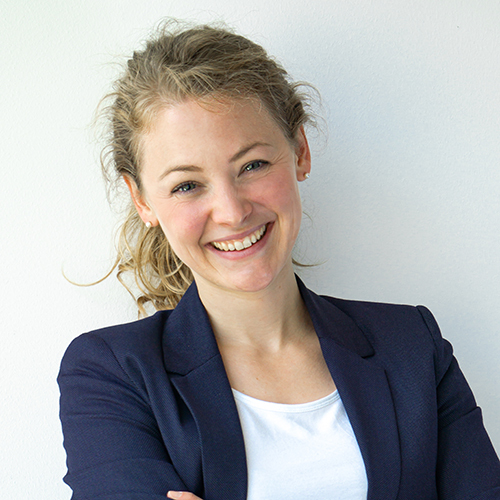More articles
The EasyMile shuttle runs from Monday to Friday from 7.30 a.m. to 11 a.m. and from 3 p.m. to 6.30 p.m. and from 10.30 a.m. to 5.30 p.m. on Saturdays and Sundays. The self-driving bus does its rounds, which take about 15 minutes each, in Metro mode. This means that it always stops at all four stops to open the doors for boarding and alighting.
Since the vehicle “EZ 10 Gen2” cannot yet cope with all traffic situations independently, it drives on a previously measured and learned route. During the journey, the bus constantly scans its surroundings. Among other things, the test should show how the sensitive sensors react to weather conditions and the environment, but also provide information on the acceptance of highly automated shuttles in public transport. In order to be able to react safely in every conceivable traffic scenario, the vehicle drives at a maximum speed of 15 km/h. The vehicle is equipped with an automatic shuttle system to ensure that it is able to react safely in every conceivable traffic scenario. In addition, a Berliner Verkehrsbetriebe (BVG) operator is on board at all times to stop the bus in an emergency, avoid possible obstacles and assist mobility impaired passengers. The vehicle is air-conditioned and accessible via a ramp. Due to changed requirements, however, it is necessary to install a new safety device, which is why it will not be possible to take wheelchairs with you at the beginning of the project. Baby carriages are already allowed.
A total of eight partners are involved in the See-Meile research project under the umbrella brand “Digitales Testfeld Stadtverkehr”. The Senate Department for Economics, Energy and Enterprises supports the vehicle manufacturer EasyMile with a financial grant of 200,000 euros. The Senate Department for the Environment, Transport and Climate Protection provides a great deal of assistance with vehicle registration and line approval. The accompanying acceptance study is carried out by ioki. The study focuses on user acceptance and should provide answers to the following questions: What is the acceptance of autonomous driving in general and with regard to integration into public transport in particular? What is the user experience of the passengers and the vehicle operators like? What are the reasons why the offer may not be used? etc. In addition, it is about gaining insights into other possible scenarios for the use of autonomous shuttles in the future. Furthermore, the district of Reinickendorf made a significant contribution to realising this first automated project in the public road network. The vehicle will have a parking space and the charging infrastructure on the premises of Berliner Wasserbetriebe. Last but not least, the Berlin agency for electromobility is also on board.
“We are convinced that such highly automated shuttles can make public transport significantly more attractive in the long term. The connection to existing rail traffic – the so-called first and last mile – can be improved with them. One thing is quite clear: At the moment, highly automated public transport vehicles are above all an exciting field of research and development. That’s why our DB subsidiary ‘ioki’ and we will provide scientific support for the See-Meile project,” says Alexander Kaczmarek, DB Group Representative for Berlin.

